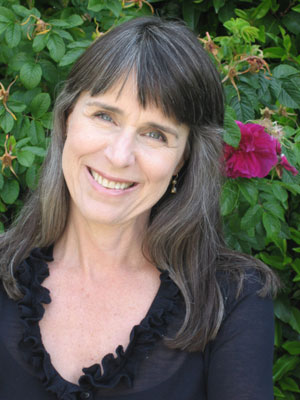This week, the film Mitchell is featuring is Symphony of the Soil, a beautiful film going into exquisite detail about the soil of this earth, and its lush, rich life-giving properties.
Download this episode (right click and save)
To discuss the film is its filmmaker Deborah Koons-Garcia (of Grateful Dead’s Jerry Garcia fame) and narrator Prof. Ignacio Chapela..
“I showed Symphony of the Soil at the UN in December on World Soil Day which began the UN Year of the Soils. Symphony is an official part of The Year and is showing all over the world. I am also going to show parts of the film for Congress at the US Capital next month.”
Deborah Koons Garcia has called Northern California home for over thirty years, with her production company based in Mill Valley, CA. She has made fiction, educational and documentary films. For the last fifteen years she has focused primarily on films about agriculture and the food system.
Ms. Garcia directed the groundbreaking film, The Future of Food, which premiered at Film Forum in New York City.The Future of Food (2004) examines the alarming issues surrounding the rapidly increasing corporate domination of our food supply. It is the first major film to cover the history and technology of genetic engineering and the complex implications of releasing such crops into the food environment and food supply. The Future of Food helped jumpstart what is now called the food movement and the continues to play widely all over the world in theaters and at film, food and farming festivals and conferences and at thousands of community-organized screenings. Her latest film,Symphony of the Soil, which is currently in wide release, was designated a Critics’ Pick by the New York Times and was shown at the United Nations in New York City on World Soil Day which launched the UN International Year of the Soils.


